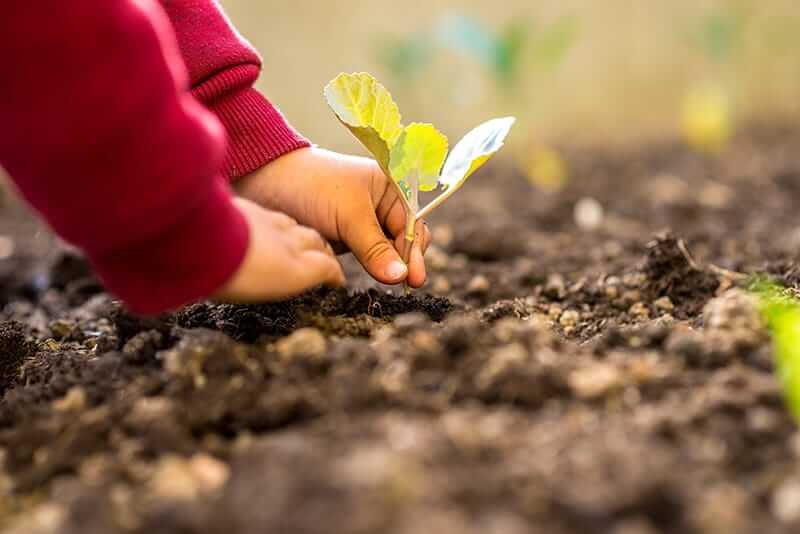Many adults are impacted by childhood trauma. Trauma can affect people at any stage of their lives. Even if a person doesn’t fully understand or remember their trauma, it can adversely affect their mental, physical, and emotional health. Processing childhood trauma and understanding it as an adult is essential to managing stress, anxiety and possibly mental health disorders they may have developed.

Understanding Childhood Trauma
Trauma is a unique and personal experience. No one can tell you what is or isn’t trauma in your life; it’s a distinction you make for yourself. In the case of adverse childhood experiences (ACEs), or childhood trauma, it may be difficult to understand, remember, or identify the exact emotional injuries or traumas. Most people notice it shows up in their romantic relationships, friendships, career, self-care, activities, hobbies or lack thereof.
Childhood trauma applies to a wide variety of circumstances. Any situation that was stressful or damaging to someone as an adolescent, and now affects the way they handle relationships and stress as adults, can be an ACE. Some common situations include:
- Growing up with neglectful parents
- Witnessing domestic violence
- Being a victim of sexual abuse
- Having family members who suffer from addiction
Why Is It Important to Address?
Childhood trauma is significant because of how it impacts our lives later as adults. You can see the impact on some people with intimate relationships, relationships with friends, work, money, food, or themselves to name a few. Childhood trauma impacts how we experience the world.
For some, ACES (Adverse Childhood Experiences Scale) will describe significant events. For others, their trauma may not be on this list. Again, from Peter Levine, “Trauma is in the experience not in the event.” In other words, what is traumatic for one person may not be for another.
How our caregivers treated us has a great deal to do with how we see ourselves and the world. Add to this school and sibling relationships and it can get complicated fast. To begin to do repair work with the past takes a skilled therapist and a collaborative process.
Effects of Childhood Trauma
WIthout childhood trauma recovery, there are many adverse effects that an individual can experience in their adult life. Many adults experience some form of mental health disorder, such as anxiety, panic disorder, or PTSD. However, trauma can also adversely affect an individual’s physical health as well.
Since children experiencing trauma are so young, it can affect their brain and cause stress that their bodies aren’t able to properly process. This stress can put individuals at higher risk for hypertension and autoimmune diseases. This trauma can also inhibit brain development and negatively affect emotional regulation and social skills development
Childhood Trauma Recovery
There are several ways to pursue childhood trauma recovery. At the Trauma Counseling Center of Los Angeles, professional therapists can help you unpack deeply stored childhood memories and learn to understand them. They also help you reflect on the way that childhood trauma affects your life and how you can manage symptoms of mental health disorders.
Childhood trauma recovery is all about helping you understand the things you couldn’t understand when you were younger. As an adult, you’re more capable of processing these experiences and finding ways to overcome them.
Treatment at Trauma Counseling Center
If you’re ready to overcome the trauma of your past, then call the professionals at the Trauma Counseling Center of Los Angeles. Our facility offers a variety of services for mental health and trauma recovery, including:
If you’re ready to overcome the trauma of your past and enter a brighter future, then call the Trauma Counseling Center of Los Angeles today at 310.720.8200. Don’t let your past weigh you down and find childhood trauma recovery now.